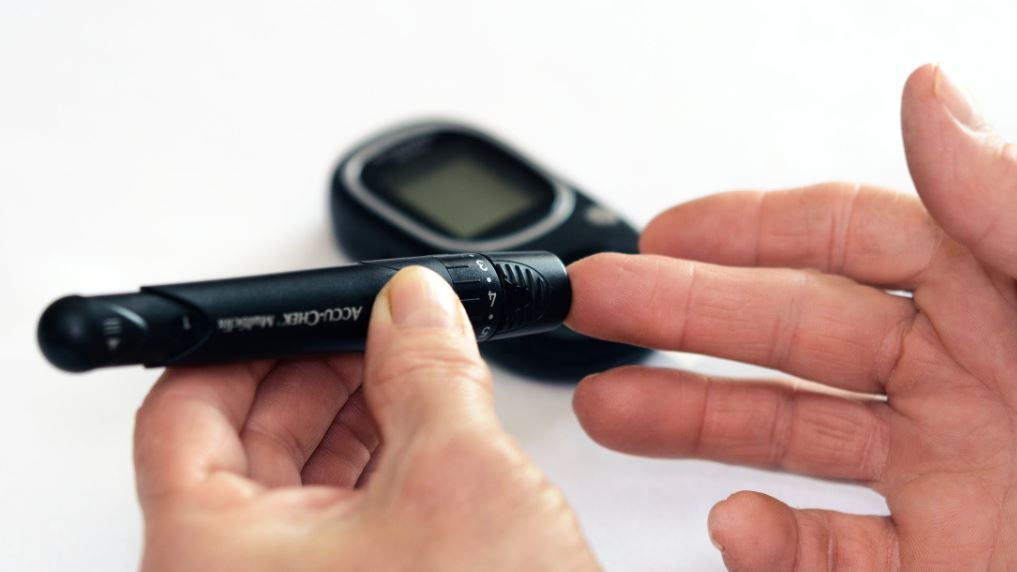
Diabetes is the condition in which a person’s ability to utilize insulin to process sugar or glucose in the blood is reduced. The condition comes in different forms; each type produces various symptoms and side effects.
Nerve Damage
Nerve damage is also called neuropathy. Whichever term you use, diabetes can lead to it because of excess sugar. This extra glucose can cause numbness, tingling, pain, or burning that generally begins at the tips of the fingers or toes and then gradually spreads inward and upward. Eventually, you can lose all feeling within the limbs that are affected. The nerves that control digestion can also be affected. This can cause you problems with vomiting, diarrhea, nausea, or constipation. When other nerves are, men might have an issue with erectile dysfunction.
Eye Damage
Diabetes greatly increases the risk of potentially serious eye diseases. If you have diabetes, you might need cataract treatment, regular tests or treatment for glaucoma, or may experience damage to the retina’s blood vessels, which has the potential of leading to partial or complete blindness.
Slow Healing
When left untreated, you can have blisters and cuts that become serious infections when you have diabetes. These may heal poorly. It is not uncommon for people with diabetes to leave infections long enough that severe damage occurs. In this case, you might need a foot, toe, or leg amputation.
Skin Conditions
Diabetes can have an impact on all parts of the body, which includes the skin. In fact, problems with skin can be the first sign that you have diabetes. Fortunately, most skin conditions are capable of being prevented or treated with ease if caught early.
Sleep Apnea
Obstructive sleep apnea is a common side effect for people with type 2 diabetes. If you have this form of diabetes, especially if you are obese, which can lead to the first condition in the first place, sleep apnea can become a complication. Other complications can be assisted by receiving treatment for sleep apnea; for example, if you have high blood pressure, it can be lowered with treatment. It is not at this time clear, however, if treating sleep apnea will also help improve your blood sugar control.
The most prevalent side effects that can strike you if you have either type 1 or type 2 diabetes are nerve damage, eye damage, slow healing, skin conditions, and sleep apnea. These complications can generally be improved with control of insulin and blood sugar.

